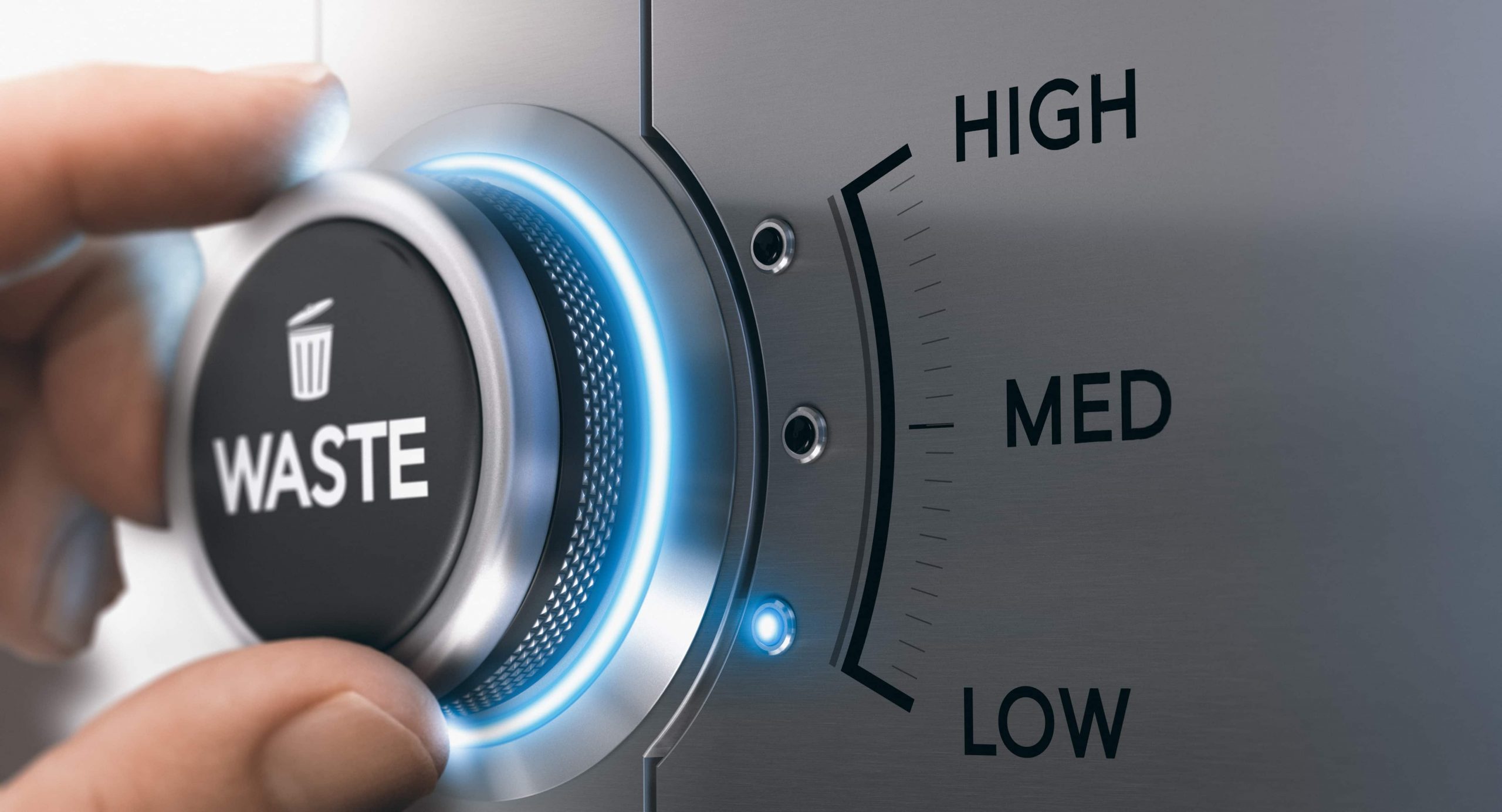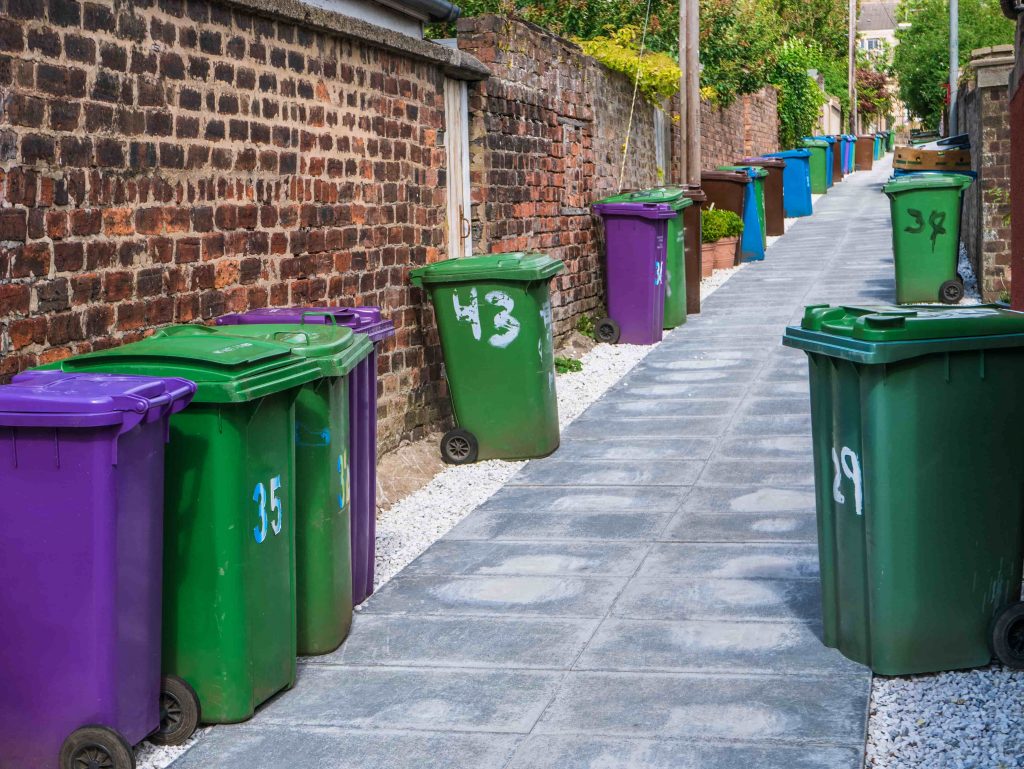Waste & material traceability solution for sustainable facilities

Municipal solid waste (MSW) generation has rapidly enhanced in previous years. Waste generation has drastically increased by a factor of 2.6 since 1960. Waste management is a necessary process for the progress of any country. The excessive growth in urbanization and industrialization has brought the waste management issue into prime focus. The practices adopted for waste management vary across nations as well as sectors and regions. Solid waste management includes some activities ranging from waste collection to waste recycling and waste reuse. These activities can make use of the technology for improving the throughput at each level. The collection and treatment of MSW should be effectively safe and most importantly, it should be environmentally reliable. But it is hard to keep the process environmentally sound without the proper technology.
The regular municipal solid waste management system incorporates waste collection vehicles and their drivers that follow a predefined route without examining the containers’ fullness level. This system doesn’t have the ability to measure the fullness levels of containers and due to that half-full containers can be emptied and in contrast, pre-filled ones wait until the next collection period comes. Furthermore, since drivers collect empty bins, predefined collection routes of the system cause waste of time, an increase in fuel consumption, and excessive use of resources. Another disadvantage is that being unable to know when a fire or displacement occurred in the container. In order to improve the current regular system into a better one, high technology and advancements enforced into the waste collection process.

When it comes to technology Smart Waste Management comes with it. Smart waste management is defined as the usage of technology in order to be more effective and efficient when it comes to managing waste. This makes it possible to plan more efficient routes for trash collectors who empty the container, but also lowers the chance of any bin being full for over a week!
So how does smart waste management work? A very good question! There are usually two technological parts that work together in order to improve smart waste management. The first one is hardware. Hardware solutions are physical in nature
Microchips are used to measure all kinds of data, along the lines of the times at which the bin receives the most trash as well as how full the garbage container is. They can also alert the waste management companies or municipalities if an undesirable incident happens such as sudden temperature rise or displacement of the container by their GPS features. IoT solutions for the exact purpose of the solid waste management problems offer municipalities access to data intelligence and real-time insights. In addition to hardware, mobile applications are used to overcome the challenges in the regular waste management system such as keeping track of the drivers while they are operating on the field.

The second one is a software system. All the data that the garbage container collects is sent here so that it can be used to the advantage of waste management. When a container is full, for example, it will be automatically placed on the route. In this manner, drivers can easily drive the most efficient route. They don’t have to check on containers that are not full yet and can empty the ones that are straight away. This reduced the chances of any excess litter being dropped on the street, as well as the number of greenhouse gasses the vehicles generate.
The latest collection and transportation of municipal solid waste involve many technical steps and developing technologies in an integrated waste management system. The overlapping of information technology with waste management systems gives rise to many innovative technologies in the way of sustainable development. Most modern technologies including underground collection systems, Web-based GIS technology, waste container monitoring system using GSM, and waste compactors are being used in smart cities.
As cities get smarter, they are becoming more sustainable and livable for all of us. Today we are seeing only a preview of what technology could eventually do in the urban environment with proper waste management.
Smart waste management services are revolutionizing city management and they create smart cities by combining. To support municipalities and companies in their digital transformation, Evreka produces smart waste collection solutions for instance by introducing smart sensors and continuously digitizing materials and processes.